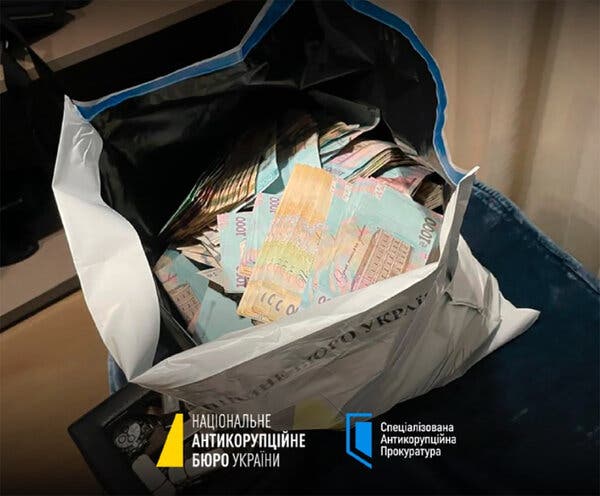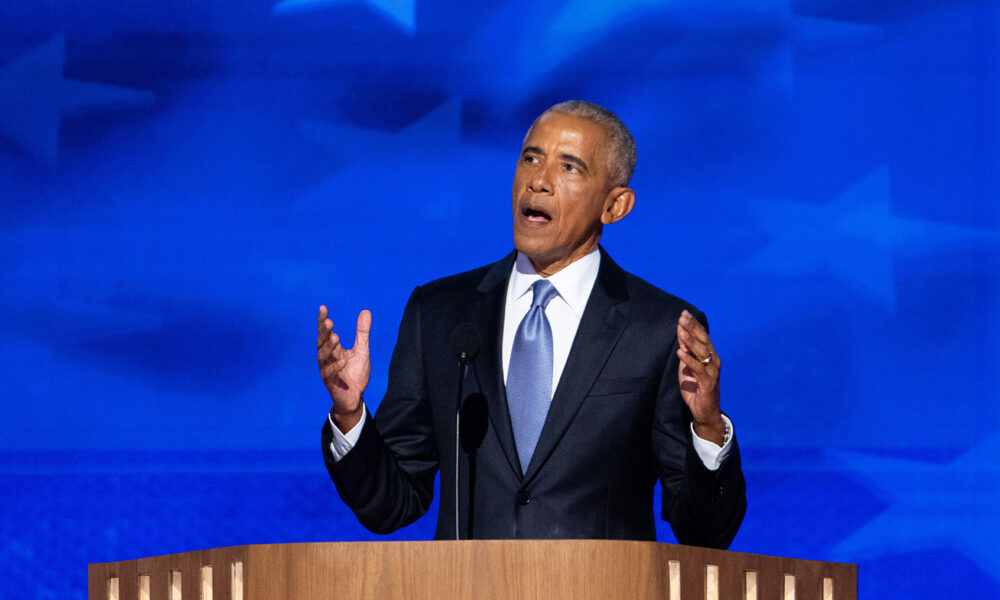Ukraine’s top anticorruption agencies have launched a dramatic campaign to expose a significant corruption scandal involving high-ranking officials. The investigation reveals that allies of President Volodymyr Zelensky embezzled approximately $100 million from the state-owned nuclear power company, Energoatom. This scandal marks the largest case of corruption in Ukraine since the onset of the Russian invasion nearly four years ago.
The anticorruption agencies released a series of videos on social media, styled like an engaging streaming series. Titled Operation Midas, the rollout began with promotional material at 10:10 a.m. on November 10, 2023, featuring images of stacks of cash and bags of Ukrainian currency, accompanied by the hashtags #midas and #exposed.
The series, which captivated viewers, included cliffhangers, dramatic revelations, and new characters introduced at regular intervals. The lead detective of the National Anti-Corruption Bureau of Ukraine, Oleksandr Abakumov, featured prominently, teasing future episodes with statements like, “We will reveal their role in the next part.” The format aimed to maintain public interest and engagement, building suspense with phrases like “To be continued.”
This innovative approach to communication represents a significant shift in how transparency and accountability are promoted in Ukraine. By utilizing social media platforms, the agencies not only inform the public about ongoing investigations but also foster a sense of anticipation regarding the outcomes of these high-profile cases.
The scandal illustrates the broader challenges faced by Ukraine in combating corruption, especially as the country continues to navigate the complexities of war and governance. The release of these videos has generated considerable attention both domestically and internationally, highlighting the ongoing efforts to hold those in power accountable.
As the investigation unfolds, the anticorruption agencies are expected to provide further updates on the individuals involved and the specific details of their alleged misdeeds. The public’s response to this dramatic storytelling approach has been mixed, but it undeniably raises awareness about the critical issues of corruption and governance in Ukraine.
With the series generating substantial buzz, many are keenly awaiting the next installments and the implications they may have for the future of governance in Ukraine. The fallout from this scandal, as it continues to develop, will likely have lasting effects on public trust and the political landscape in the country.







